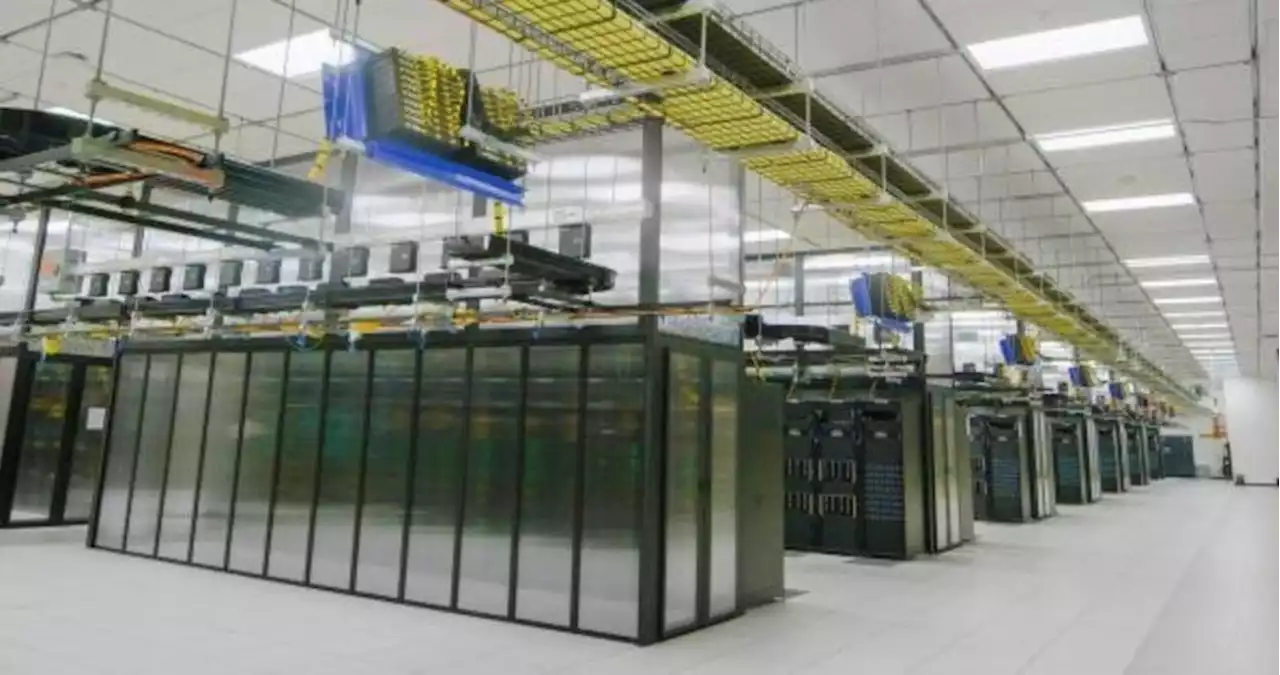“Our main goal is to have a computer design an antibiotic with very minimal human intervention that will be able to enter clinical trials.”
Torres lifted the clear plastic cover off of a petri dish one morning last June. The dish, still warm from its sleepover in the incubator, smelled of rancid broth. Inside it sat a rubbery bed of amber-colored agar, and on that bed lay neat rows of pinpricks—dozens of colonies of drug-resistant bacteria sampled from the skin of a lab mouse.
The team tested 55 of those candidates in tiny vials, and a majority of them eliminated bacteria. Then, Torres tested two of them in lab mice and found that they stopped infections from growing. “The results are compelling,” says Daria Van Tyne, an expert in bacterial evolution at the University of Pittsburgh School of Medicine, who was not involved in the work. “It's certainly opening a new class of antimicrobial peptides, and finding them in an unexpected place.
Governments, philanthropies, and pharma companies have pledged billions of dollars to get new drugs approved by 2030. And the natural world has already inspired new ways to kill drug-resistant germs. In 2019, one genetically-altered virus helped save a teen from a deadly infection. But Torres and de la Fuente turned their attention to somewhere even more natural to us: our own bodies
“We know those patterns—the multiple patterns—that we're looking for,” says de la Fuente. “So that allows us to use the algorithm as a search function.” A few peptides stood out, including SCUB1-SKE25 and SCUB3-MLP22. These peptides live along regions called “CUB domains” that exist in proteins involved in a long list of functions like fertilization, making new blood vessels, and suppressing tumors. The SCUBs are only pieces of the whole. But on their own, they seemed shockingly adept at killing germs. So Torres promoted these two SCUBs to trials in mice.
The team thinks life evolved this way to pack as much of a punch as possible into the genome. “One gene codes for one protein, but that protein has multiple functions,” de la Fuente says. “This is a really, I think, clever way for evolution to just keep the genomic information at a minimum.”
United States Latest News, United States Headlines
Similar News:You can also read news stories similar to this one that we have collected from other news sources.
 Meta Builds World’s Largest AI Supercomputer With NVIDIA For AI Research And ProductionThere are big implications of this news, beyond just bragging rights.
Meta Builds World’s Largest AI Supercomputer With NVIDIA For AI Research And ProductionThere are big implications of this news, beyond just bragging rights.
Read more »
 Watch an AI Play the Best Game of Tetris You've Ever SeenThe AI easily shatters previous world records by prioritizing clearing four-line tetrises. Then the game completely melts down.
Watch an AI Play the Best Game of Tetris You've Ever SeenThe AI easily shatters previous world records by prioritizing clearing four-line tetrises. Then the game completely melts down.
Read more »
 A meteorite-hunting AI will scout for space rocks buried in polar iceHunting for meteorites in Antarctica can be grueling, but this AI could make the search for space rocks much more cost-effective.
A meteorite-hunting AI will scout for space rocks buried in polar iceHunting for meteorites in Antarctica can be grueling, but this AI could make the search for space rocks much more cost-effective.
Read more »
 Timnit Gebru is part of a wave of Black women working to change AIComputer scientist who says she was pushed out of her job at Google in December 2020 has marked the 1-year anniversary of her ouster with a new research institute aiming to support the creation of ethical AI.
Timnit Gebru is part of a wave of Black women working to change AIComputer scientist who says she was pushed out of her job at Google in December 2020 has marked the 1-year anniversary of her ouster with a new research institute aiming to support the creation of ethical AI.
Read more »
 Google Hopes AI Can Turn Search Into a Conversation“We believe LaMDA’s natural conversation capabilities have the potential to make information and computing radically more accessible and easier to use.” (From 2021)
Google Hopes AI Can Turn Search Into a Conversation“We believe LaMDA’s natural conversation capabilities have the potential to make information and computing radically more accessible and easier to use.” (From 2021)
Read more »
 Some Insistent Hyper-Milers Say That AI Self-Driving Cars Should Be Forced To Drive Like Grandpa, But That’s Messed UpThere are hypermilers that try to drive the maximum distance per the amount of fuel onboard their car, which raises interesting questions about the advent of AI-based self-driving cars.
Some Insistent Hyper-Milers Say That AI Self-Driving Cars Should Be Forced To Drive Like Grandpa, But That’s Messed UpThere are hypermilers that try to drive the maximum distance per the amount of fuel onboard their car, which raises interesting questions about the advent of AI-based self-driving cars.
Read more »
